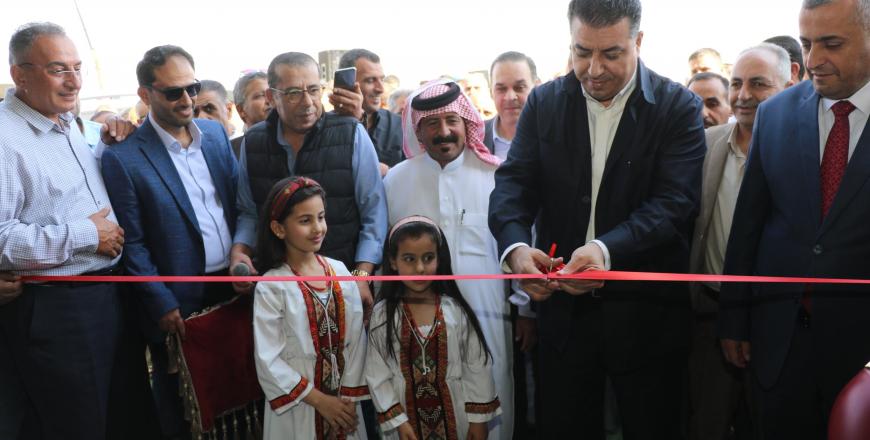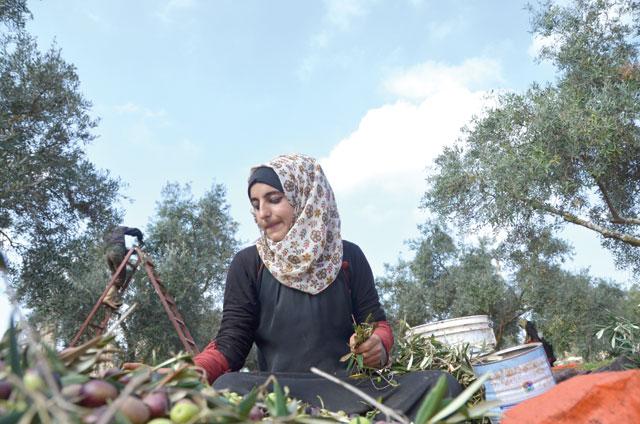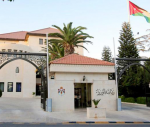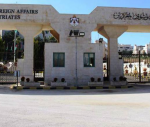You are here
Irregularity in production a major challenge facing olive sector — conference participants
By Hana Namrouqa - Nov 03,2014 - Last updated at Nov 03,2014
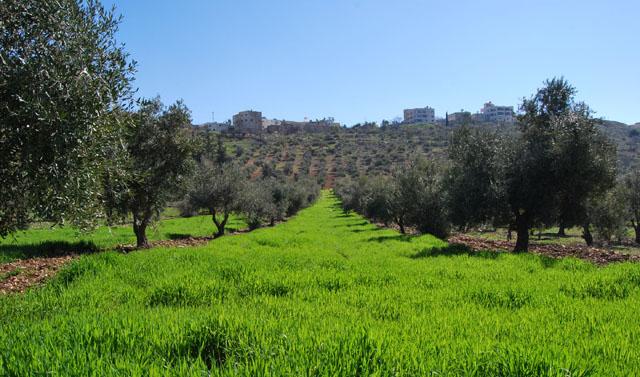
AMMAN — In spite of the development of olive production and olive oil extraction technologies in the Mediterranean region, alternate and unpredictable olive bearing remains the main challenge for the olive sector, experts said on Tuesday.
During the fifth International Olive Conference (Olive biotech 2014), scientists, technicians and producers from 30 countries meeting in Amman highlighted the importance of addressing challenges facing the olive sector, saying that they harm the interests of producers and consumers.
Fawzi Shayeb, president of the conference’s organising committee, said the most demanding challenges facing the sector are the irregular production of olive trees, mainly due to climate change; high production costs; and mismanagement of olive industry by-products.
“More efforts and research are needed to overcome these challenges,” Shayeb said.
He underlined that olive cultivation governs the existence and standard of living of over a million families in the region who are dependent on maintaining and expanding the consumption of olive products.
Olive oil and pickled olives are essential commodities in the region, where olive is a basic constituent of the Mediterranean diet, Shayeb said, noting that olives have acquired a socio-economic importance in the Mediterranean region because it is a crop that grows in harsh soil and difficult weather conditions.
“Jordan is considered one of the natural habitats of olive trees. Olives are one of the most important crops in the agricultural sector in Jordan,” he said.
More than 80,000 families are directly involved in olive farming and are securing self-sufficiency, Shayeb noted, underscoring that olive production generates approximately $145 million in annual income for these families.
He said that around 20 million olive trees are planted in Jordan, occupying 130,000 hectares of the country’s total terrain, constituting 71 per cent of the total area planted with fruit trees.
Shayeb said the conference brings together around 200 experts to exchange knowledge, research and experiences of new approaches for olive production and marketing.
Meanwhile, Mahmoud Solh, director general of the International Centre for Agricultural Research in the Dry Areas (ICARDA), said olives are one of the most important crops in arid regions.
“Based on studies by ICARDA on the most economic crops in dry and semi-dry regions, two trees were identified: olive trees and date palms,” Solh added.
He noted that the olive sector provides seasonal employment for many farmers, especially women, highlighting that in spite of the emergence of modern methods to cultivate olives, traditional olive production continues to be vital for small farmers.
Solh underlined the importance of applying science and technology in olive production to avoid alternate bearing and unpredictable production.
“Results of a four-year study in Syria clearly indicated that if you really provide only 100 million metres of supplementary irrigation, you can double the productivity of olives and avoid unpredictable productivity,” Solh said, highlighting that importance of adapting the olive sector to climate change.
Speaking at the conference, Agriculture Minister Akef Zu’bi said 43 per cent of the cultivated lands in the country are planted with olive trees, noting that there are 131 olive presses with a production capacity of 369 tonnes per hour.
“A total of 178,000 tonnes of olives were picked during this season. We expect that 36,000 tonnes will be pickled and the rest will be pressed to extract 25,000 tonnes of olive oil,” said Zu’bi, who deputised for the prime minister.
The Agriculture Ministry said this season’s production of olive oil is less than that of the previous year due to frequent frost spells last winter that adversely affected olive trees.
Related Articles
AMMAN — Agriculture Minister Khaled Huneifat on Saturday stressed that olive cultivation in Jordan is witnessing continuous development, as
Irbid resident Samiah Mansour waits eagerly for the annual olive harvest season to be able to pay back her debts and make ends meet.
AMMAN — Olive trees are expected to bear heavier crop this year, with harvest expected to increase by 40 per cent compared with 2016, accord


